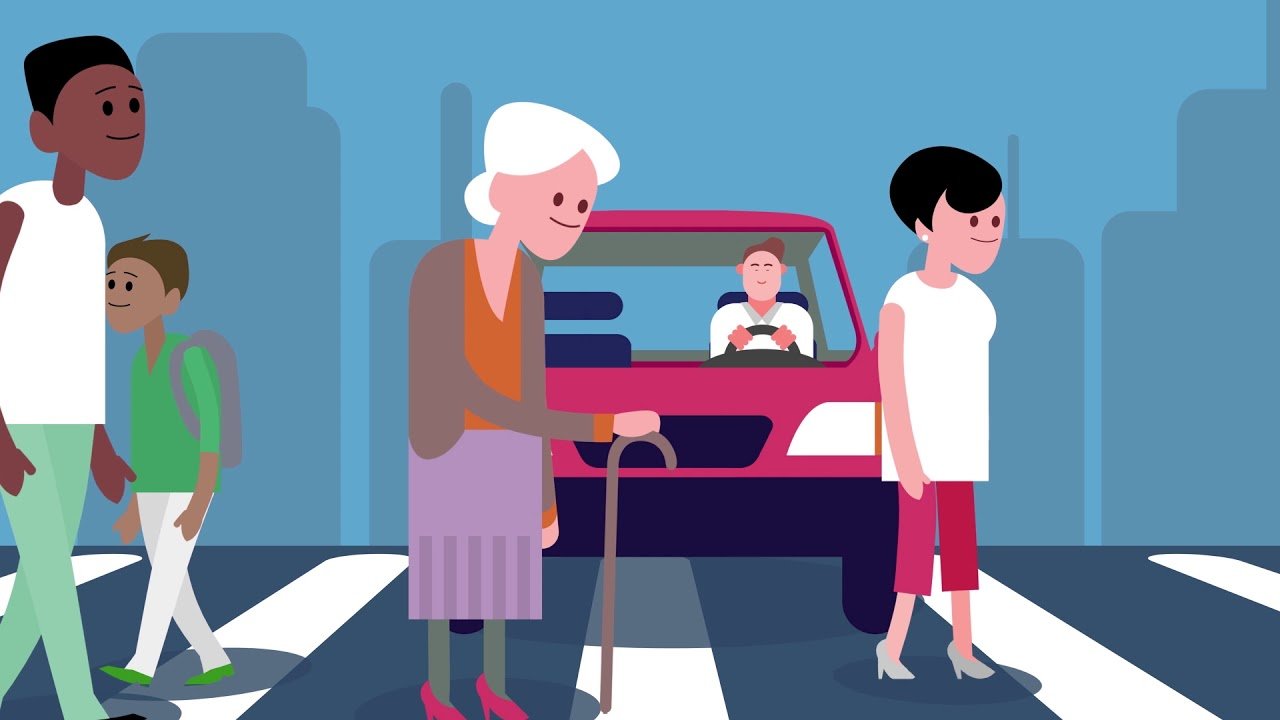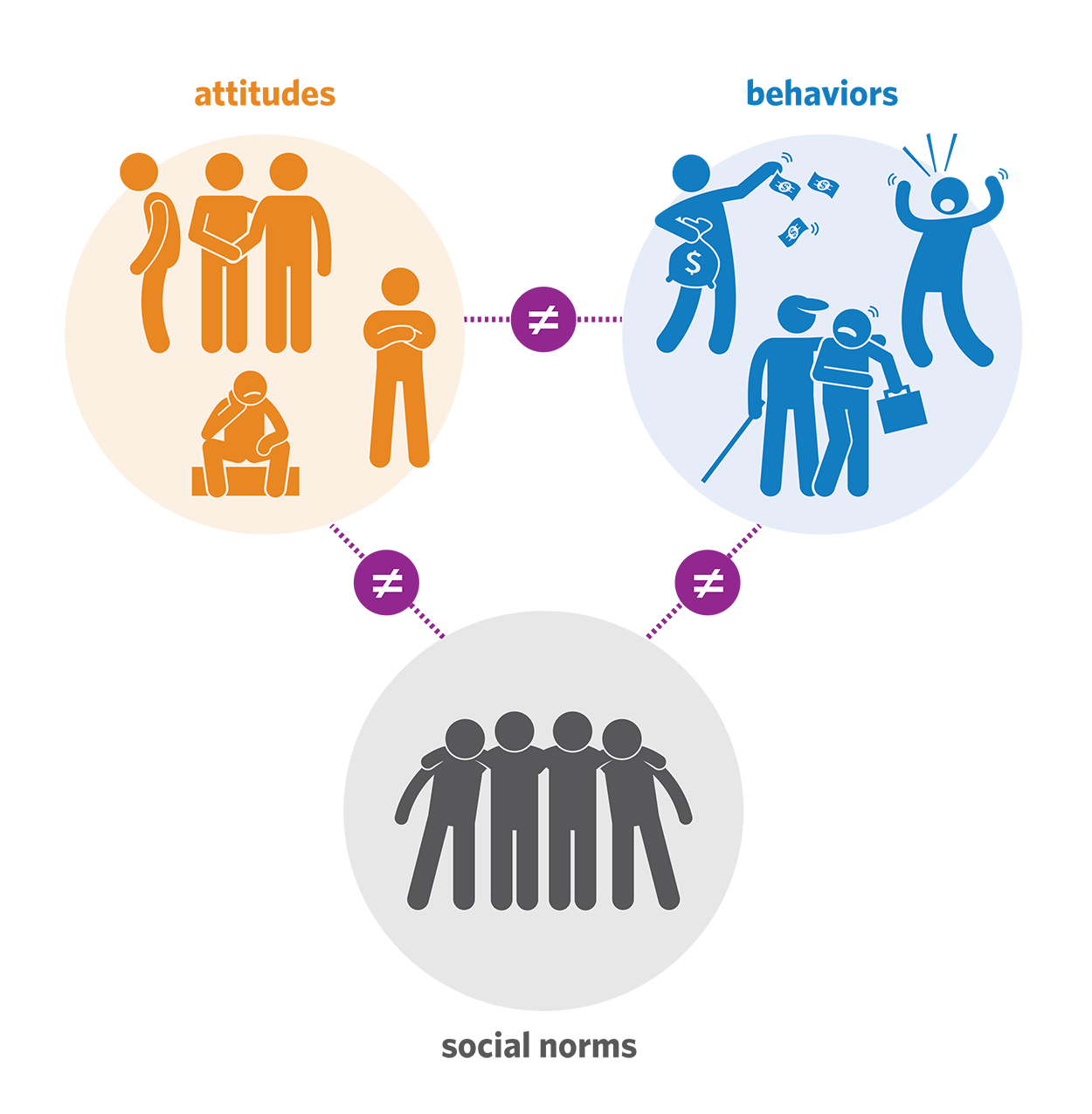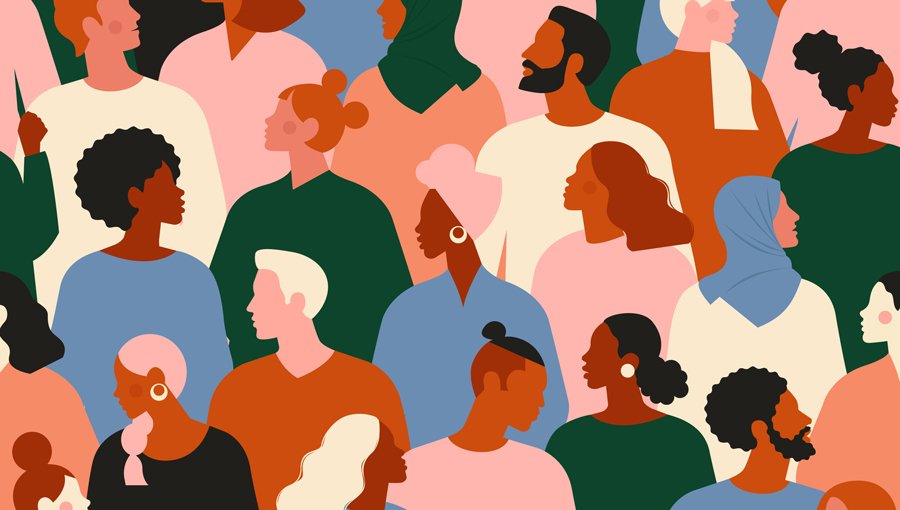Social Norms – Behavioral sciences explore the cognitive processes within organisms and the behavioral interactions between organisms in the natural world. It involves the systematic analysis and investigation of human and animal behavior through the study of the past, controlled and naturalistic observation of the present and disciplined scientific experimentation and modeling.
It attempts to accomplish legitimate, objective conclusions through rigorous formulations and observation. Generally, behavior science deals primarily with human action and often seeks to generalize about human behavior as it relates to society.
Social Norms
Norms are social rules that specify appropriate and inappropriate behavior in given situations. They afford a means by which we orient ourselves to other people. Folkways, mores, and laws are types of norms. Norms not only indicate what people should or should not do in a given situation, but they also enable them to anticipate how others will interpret and respond to their words and actions.

Norms vary from society to society, from group to group within societies, and from situation to situation. Behavior which in one society is the highest of propriety in another may be disgraceful. For example The hand -shake is not a “natural “greeting, but is a social norms in most Western societies. In traditional Japan, blowing is the customary of exchanging hellos.
Definition of Social Norms
According to Kingsley Davis:
Social norms are controls. It is through that human society regulates the behavior of its members in such a way, they perform activities fulfilling social needs-even sometime at the expense of organic needs.”
According to Robert Bierstadt:
“A norm in short, is a standardized mode of procedure, a way of doing something that is acceptable to our society.”
Another definition by Robert Bierstadt
“A norm is a rule or standard that governs our conduct in the social situations in which we participate.”
According to H.M. Johnson
“A norm is an abstract pattern held in the mind that sets certain limits for behavior”.
According to Donald Light Jr. and Suzanne
Norms refer to “the rules that guide behavior in everyday situations and are derived from the value”.
According to Broom and Selznick
Norms is the “blueprint for behavior, setting limit within which individual may seek alternate ways to achieve their goals”.
Nature/Characteristics of Social Norms
The characteristics of social norms are discussed as under:
1. Social norms are universal: These are found in all societies. Social norms are the basis of social order. No society can function smoothly without norms.
2. Norms incorporate value-judgment: A norm is a standard shared by the group members. These represent “standardized generalization” concerning expected modes of behavior. As standardized generalizations, they are concepts which have been evaluated by the group and they incorporate value- judgment. In terms of value we judge whether some action is right or wrong, good or bad, expected or unexpected.
3. Norms are relative: Norms vary from society to society. Sometimes, norms vary from group to group within same society. Some norms do not govern the behavior of all the people. Norms applicable to older people are not applicable to children. Similarly, norms applicable to policemen are different from those of teachers.
4. All norms are not equally: Norms are enforced by sanctions, i.e. reward and punishment. But all norms are not equally strict and they do not carry the same kind of punishment because they differ in importance. The most important norms in society are called ‘mores’ and those who violate them are severely punished. Other norms, called ‘folkways’ and punishments for violating them are much less severe.
5. Norms are internalized by the individuals: Norms become part of personality through the process of socialization. Individuals internalize the norms of the society. Individuals generally behave in accordance with the social norms.

Functions/Importance of Norms:
Functions or importance of social norms are discussed below:
Norm less Society is Impossibility: Norms are important part of society. Norms and Society go together. Man depends upon society for his existence. Norms make living together in society possible. Without normative order society is not possible.
Norms Regulate and Guide Behavior: Norms are controls. It is through them that society regulates behavior of its members in such ways that they perform activities fulfilling societal needs.
Norms maintain Social Order: Norms are part of social order. They are controls. The social order is maintained by norms. That is why it is said that human social order is a normative order.
Norms Gives Cohesion to Society: Society achieves coherent structure through the norms. The collective and cooperative life of people is made possible because of norms. The normative system gives to society an internal cohesion.
Norms Helps to have Self-control: Norms helps individuals to have self-control. Because of the constraints imposed by norms individuals conform to the norms and exercise discipline by themselves over their behavior.

